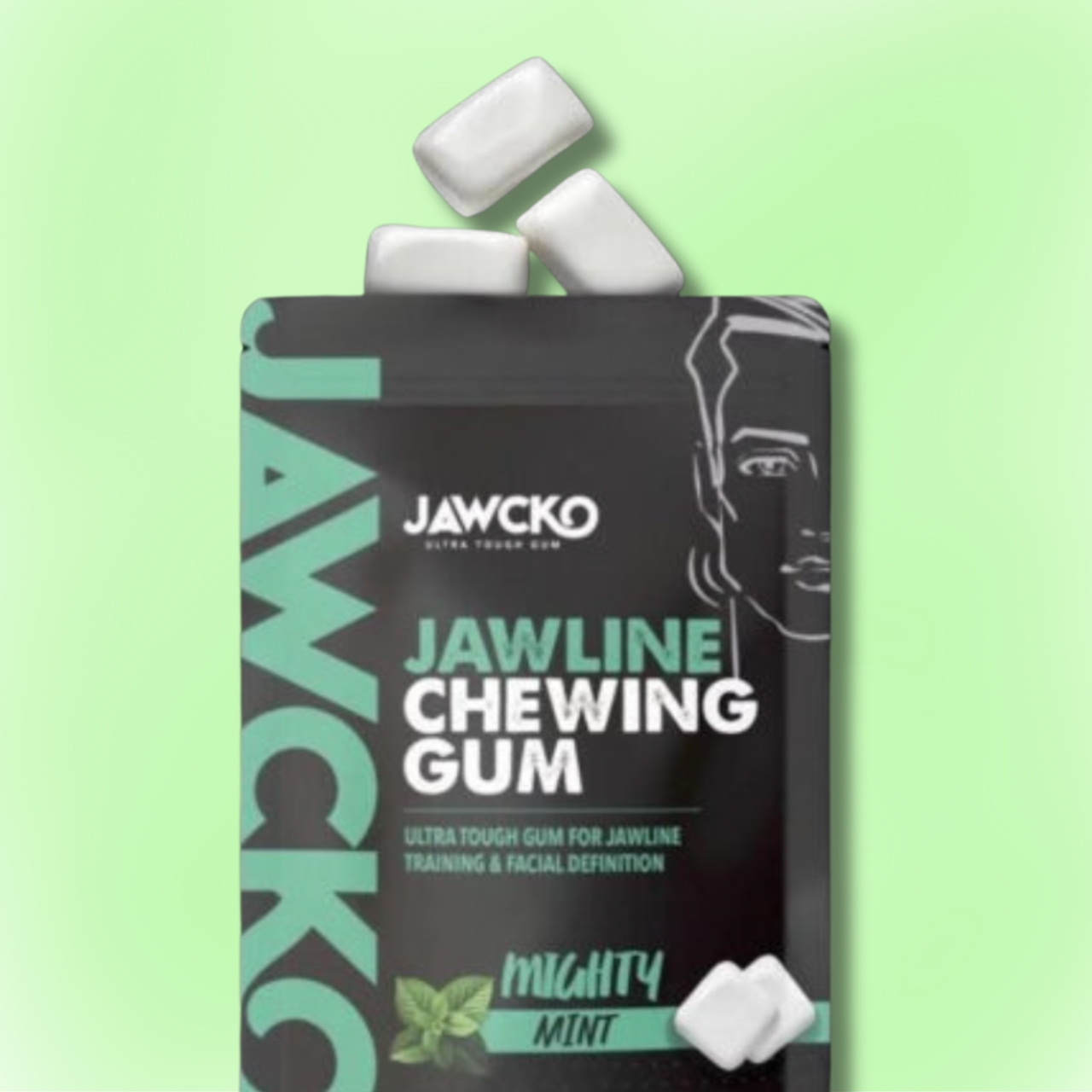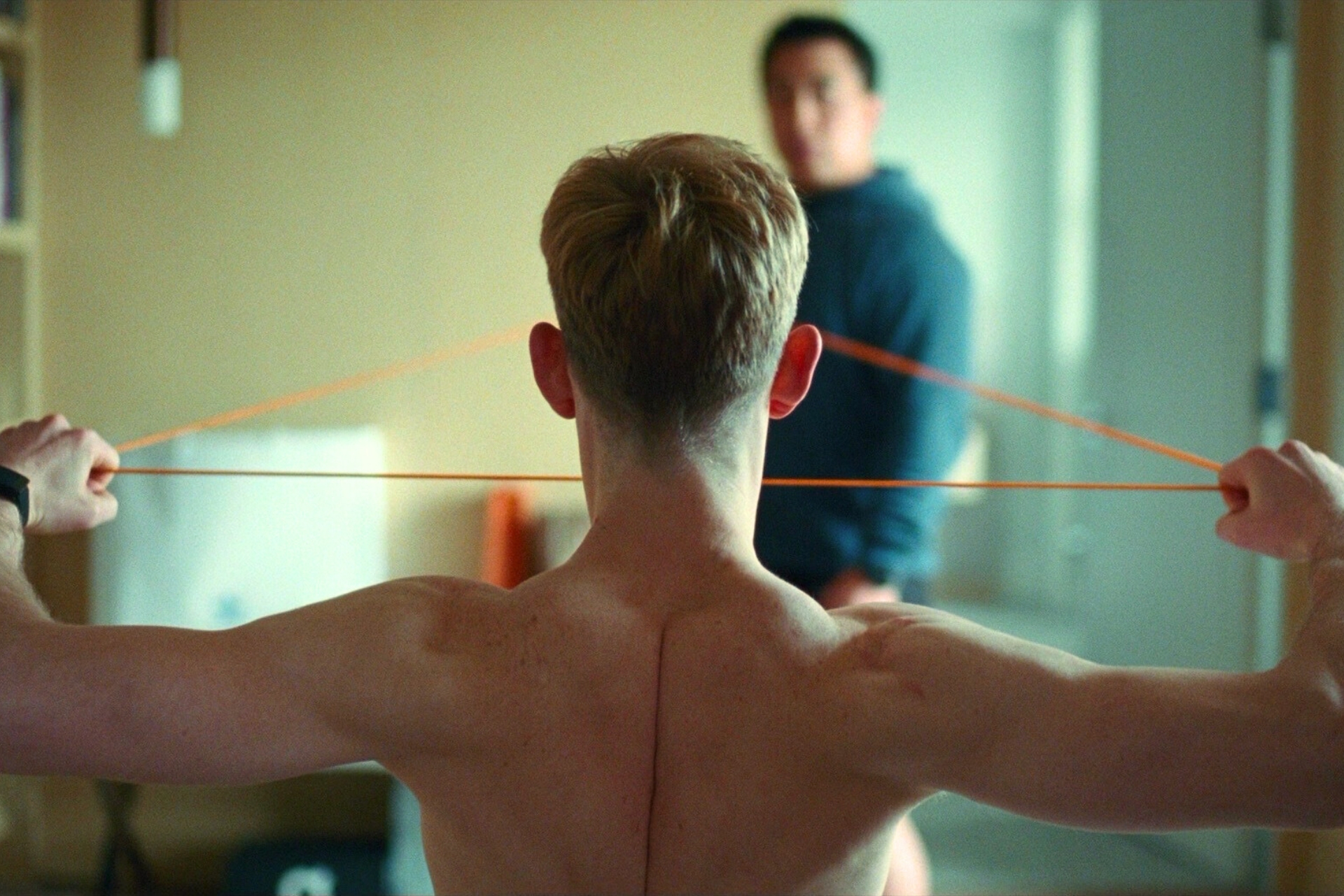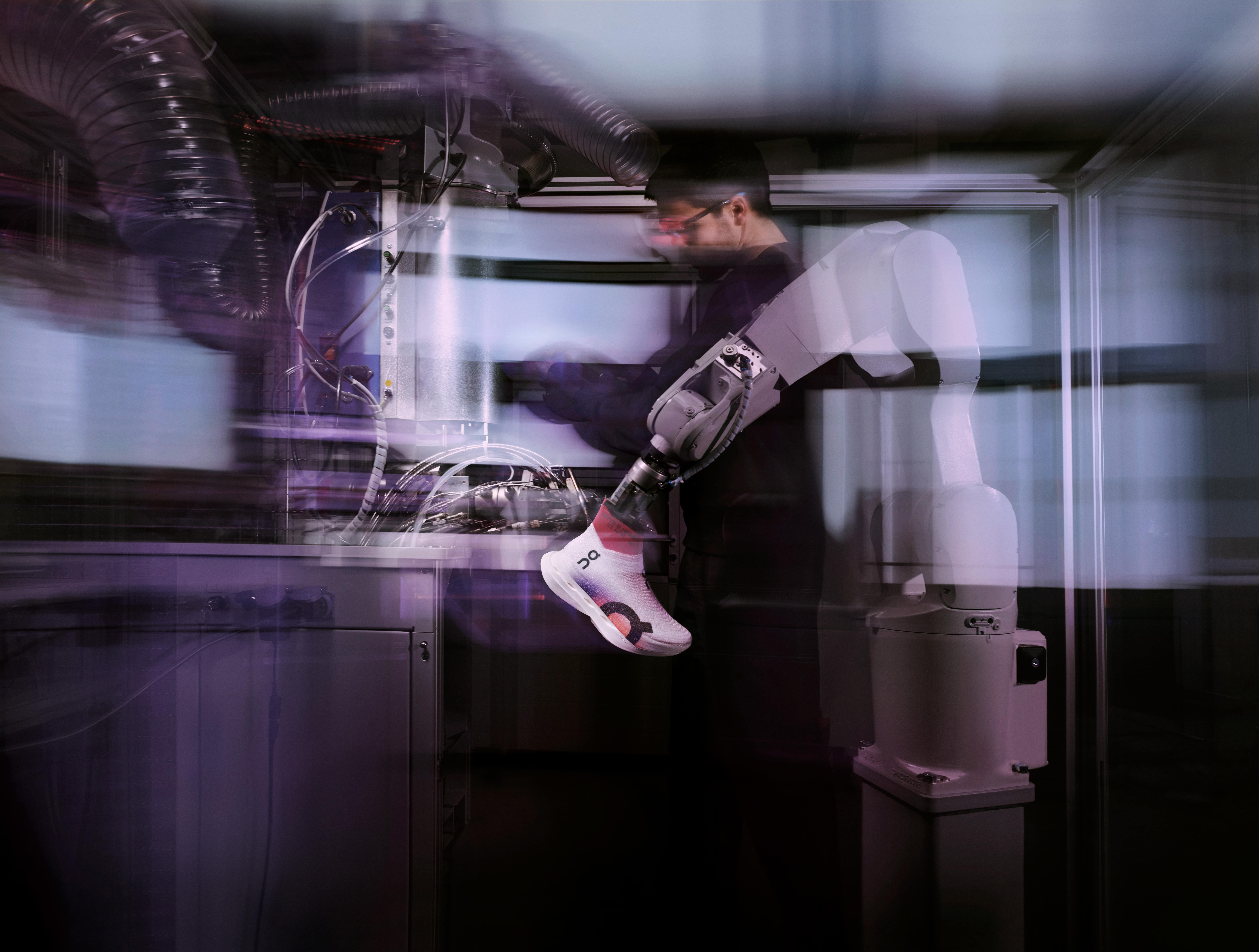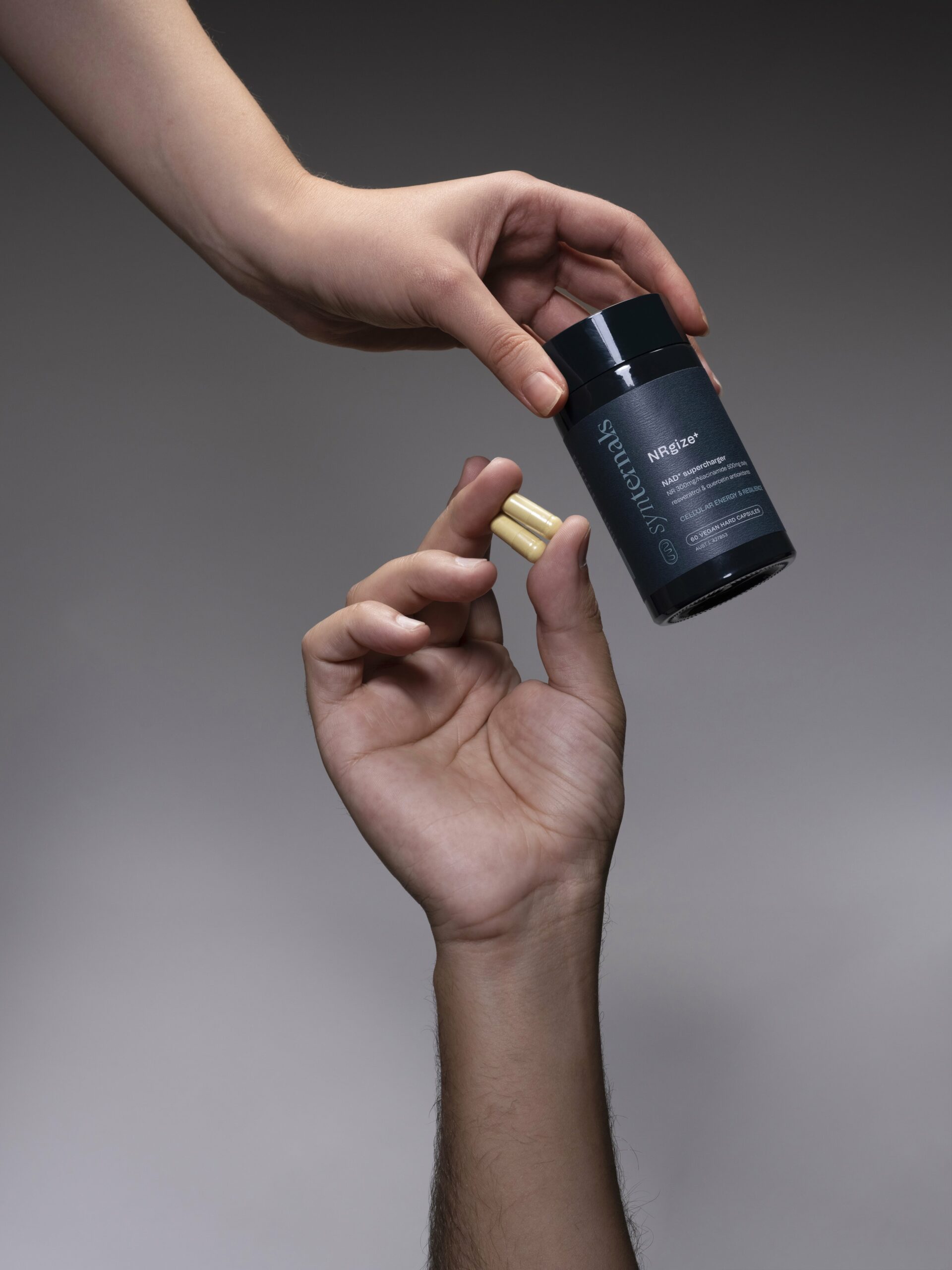Debunking 10 of the biggest fitness myths
You’ve definitely heard these frequently suggested exercise and dieting tips before, but you probably didn’t know they’re all completely made up.
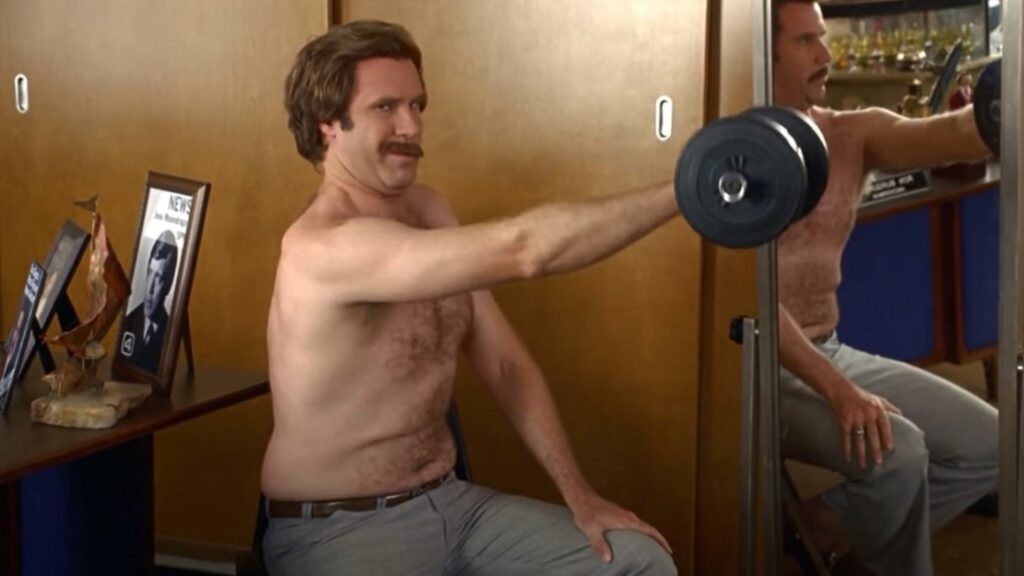
VENTURING INTO THE world of health consciousness is like navigating a minefield of misinformation. For every piece of good advice backed by scientific evidence and practical studies, there’s a trove of unfounded nonsense so painfully untrue that it’s verging on propaganda.
You’ll hear all kinds of tips from gym junkies and couch potatoes alike, with neither end of the spectrum providing anything of consistently good value. In reality, even the most seasoned of health veterans are victims to fitness myths that are in some cases misleading, and in others just flat-out false.
It can all be too much to handle when you only want to improve your fitness without getting caught in the crossfire of the battle between fact and fiction. Not to worry, we’re debunking ten of the biggest myths plaguing the fitness industry so you can either stop doing them, or prevent yourself from picking up the habit in the first place.
From the basic advice your exercise-averse dad throws your way when you start going on morning runs, to the more outlandish claims spouted by that creepy guy who’s seemingly always at your gym, we’ve got a lot of ground to cover, so let’s get into it.
No pain no gain – False
Yep, we’re starting with a big one. We can say with absolute certainty that, even if you’ve never gone near a set of weights, you’ve undoubtedly heard fitness gurus pay tribute to the audacious claim of ‘no pain no gain’. Meaning that unless you finish a workout horrendously sore and laying on the floor regretting your life choices, you haven’t done enough to reap the rewards of such an undertaking.
Well, you’ll be pleased to hear that a workout should not leave you bedridden. Moreover, pain does not necessarily equal muscle growth at all. Usually, muscle pain during a workout indicates early onset muscle soreness, but it can also be a sign that you’ve torn something, and pushing through an injury can only make it worse.
Your workouts should push you past the point of comfort, but if it starts hurting too much, it’s time to rest.
Cardio kills your gains – Complete bullshit
We’re not quite sure when this myth started gaining traction. But it was likely started by roided-up gym junkies scared of putting in the hard yards on the treadmill. As the myth goes, cardio immediately before or after a workout can inhibit muscle growth by burning fat and causing muscles to shrink. If such claims have ever led you to cancel your nightly run, sorry, but you have been misled.
Sure, you might not feel like doing your daily cardio if you’re also sweating it out in weights training, but research shows getting your heart rate up can actually increase muscle growth by improving blood flow. The only way cardio will stop you from gaining muscle is if it makes you too tired to lift weights in the first place.
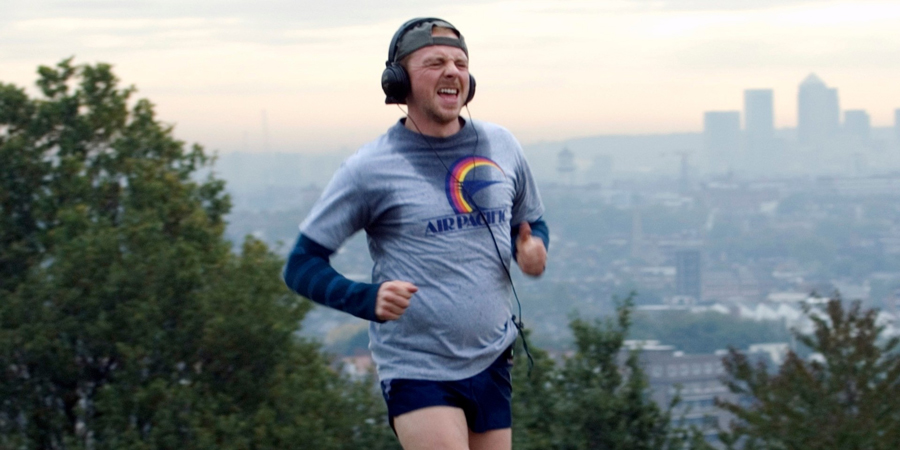
All calories are equal – Total lie
Calories are a measurement of energy content, not weight. So, at face value, all calories might appear to be the same, but the reality is far from it.
Different calories have different effects on your metabolism, hormones and hunger which all contribute to body weight. High-protein calories are not the same as high-carb calories. Protein can boost metabolism, decrease appetite, and calories from fruit tend to be far more filling than junk-food calories.
What this all means is that the answer to controlling your weight is not trying to eat low-calorie hybrids that are still unhealthy, or resorting to ‘dirty bulking’ methods to gain weight. Instead, be mindful of what your calories mean, because the same number doesn’t always mean the same outcome.
Weight loss is linear – We wish it was true, but it’s not
Losing weight takes time, and it typically doesn’t happen in steady waves. Some days you may be surprised to have lost weight, and on others, disappointed to have gained it. But it’s not because of some mysterious malignant force, it’s due to regular body functions that cause weight fluctuations.
Weight fluctuates daily for a variety of reasons. Sometimes your digestive system is a little backed up and you’re holding on to more food. Other times your body increases its water retention rate without you asking it to. It’s important to look at the bigger picture, because as long as your weight is trending downwards overall, you’re doing the right thing.
There is an optimal type of exercise – Painfully wrong
Wouldn’t it be great if there was a specific exercise that worked as a magic bullet? Or a particular movement that burned fat like no other? It’s nice to dream, but unfortunately, that’s not the case.
Perhaps as a consequence of the increased aptitude of health science, exercises, movements and stretches are now able to be distinguished by the finest of margins in terms of efficiency. But just because cross body curls are slightly more efficient than hammer curls, that doesn’t mean you should entirely ditch the latter to build monster biceps. Repeating the same movements too often can actually wear you out faster and result in injury. And there’s no more inefficient way to work out than not working out at all.
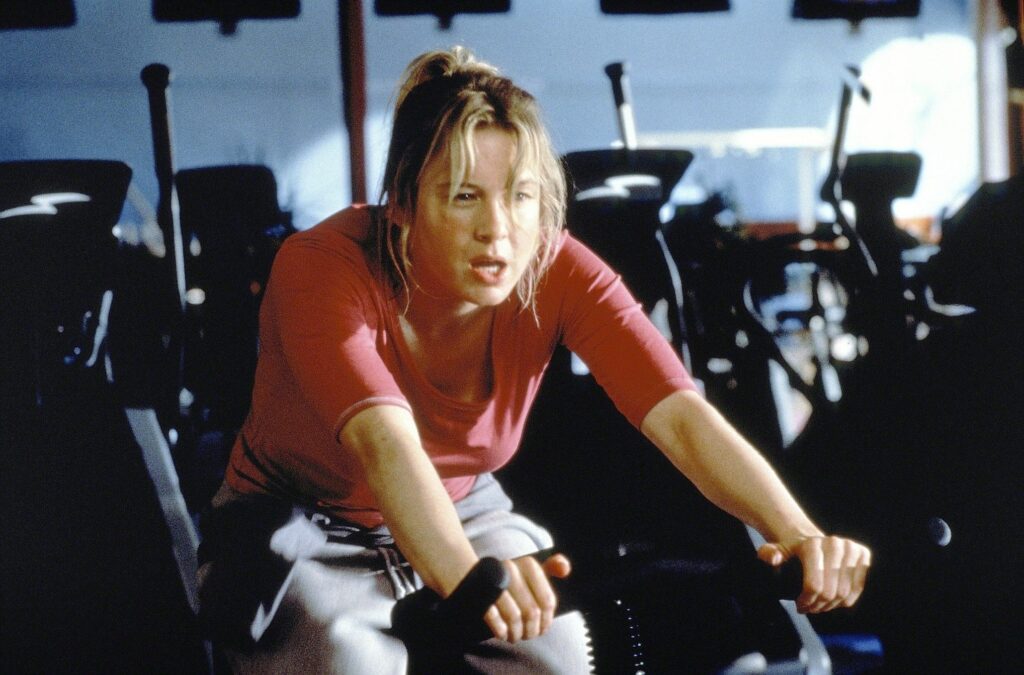
Stretching is a fix all end all – Survey says: no
Obviously, stretching is important. That mantra is repeated everywhere from schoolyards to pro sports facilities. But there’s a caveat to stretching that not many realise.
Stretching is often toted as the best way to warm up your body before exercise and to prevent injuries, but the type of stretching you do produces vastly different results. If you’re doing ‘static’ stretches to start your workout, you might as well not workout at all. These stretches, which include classic movements like touching your toes from a standing position, can overextend your muscles, especially if you haven’t warmed up properly.
Instead of overextending your muscles with static stretches, try dynamic stretches which are less taxing, but more appropriate to the exercise you’re trying to do and engage in light cardio to get your blood pumping.
Pre and post workout snacks are key – 0/100 on the truth scale
In the modern fitness landscape, it seems like when you eat is just as important as what you eat. A plethora of myths have developed from this space (skipping breakfast being the key to weight loss among them), but we’re going to debunk the notion that eating before and after a workout is always necessary.
Particularly in running, there are weird, contradictory ideas surrounding eating. Some will say running on an empty stomach is the key to weight loss, others (including Michael Scott from The Office) preach ‘carbo-loading’ as the ideal fuel to power through a sweat session.
While your body does burn through carbs while exercising, sometimes a 20-minute run around the park doesn’t require a high-calorie snack. Eating too much before or after a workout, can neutralise the weight loss benefits, or make you sick if your dietary choices aren’t up to scratch health-wise.
Inversely, not eating at all before working out is just as bad. Your body needs energy to burn through, and if it can’t find that energy, your performance will suffer, and you’ll be fatigued far more quickly. Find what level of pre-workout caloric intake works best for you and fuel your body accordingly.
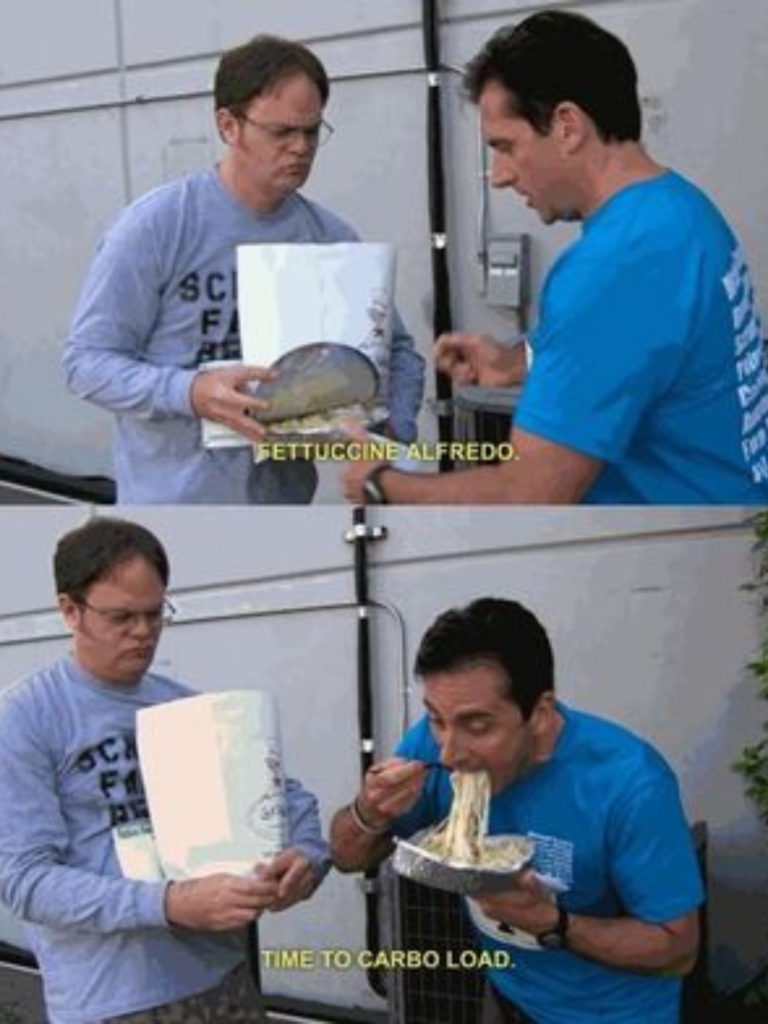
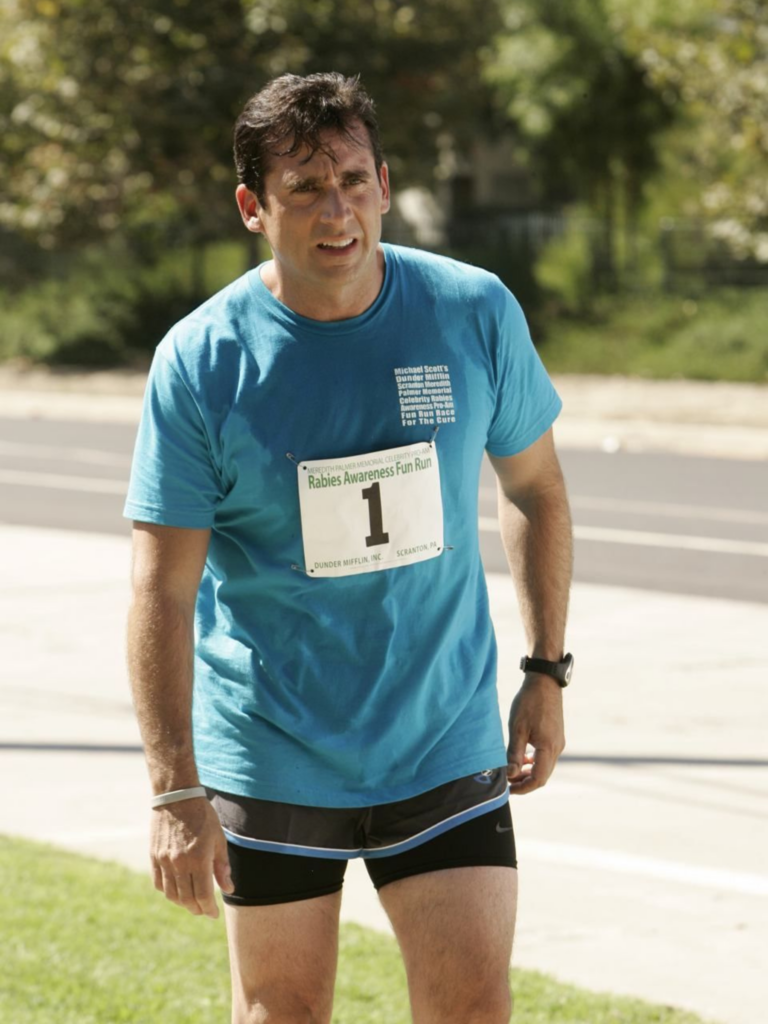
The longer the workout, the greater the gains – Thankfully, false
As is the case with most things in life, your goal in workouts should be to work smarter, not harder. Case in point, pushing yourself past the point of exhaustion is not the best way to chisel out a ripped physique. Excess exercising can result in muscle strain and overuse. Of course, there’s also the form factor, as when you become increasingly worn out, your form will suffer.
For the best results, if you start to feel your form slipping, move onto another muscle group, or try something different altogether.
Exercise often, and diet won’t matter – Just no
Fine, we’ll admit that we’re guilty of partaking in this myth. It’s easy to justify unhealthy eating by glibly remarking, “It’s fine, I’ll just work it off tomorrow”, but much harder to keep that habit up if you want to maintain holistic health.
We’re not saying you can’t treat yourself occasionally, but a week of exercise won’t completely offset a weekend of bad dieting decisions. Even if you maintain your weight and muscle mass, poor nutrition can have long term implications for weight management and disease.
Muscle confusion tricks your body into progress – Seriously, who comes up with this stuff?
Ok, we’ve reached the end of our list and we’ve gotten to the more outlandish of fitness myths. Come on, you can’t ‘trick’ your body into progress, no matter how sneaky you are.
‘Muscle confusion’ has popped up in gym circles more and more often in recent years, without much evidence to support the theory. The myth advocates for frequently switching up your workouts to keep your muscles guessing and prevent your growth from stagnating. This is a ridiculous concept, but there is some truth to it.
People may actually find short term benefits to muscle confusion, but it’s nothing groundbreaking. If you’re trying an exercise you’re not experienced with, you’ll obviously improve quickly, but eventually you’ll reach the same plateau. That’s because your muscles need consistent challenges to grow, not because they’ve gotten smarter and know what to expect.
To keep the gains coming, progressive overload is necessary. Rather than giving up on one exercise in favour of another, stick to what you’re used to, and opt for increased weight. This will eventually result in muscle growth. It’ll never happen as quick as when you first joined the gym, but such is life.
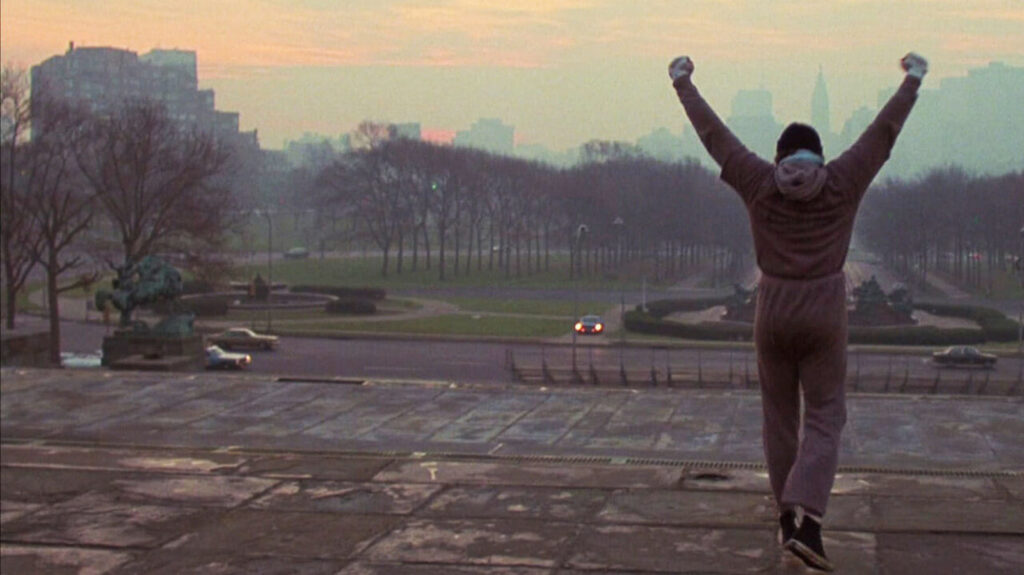
Related:
The best gyms in Sydney
Post Malone reveals secret to weight loss transformation














